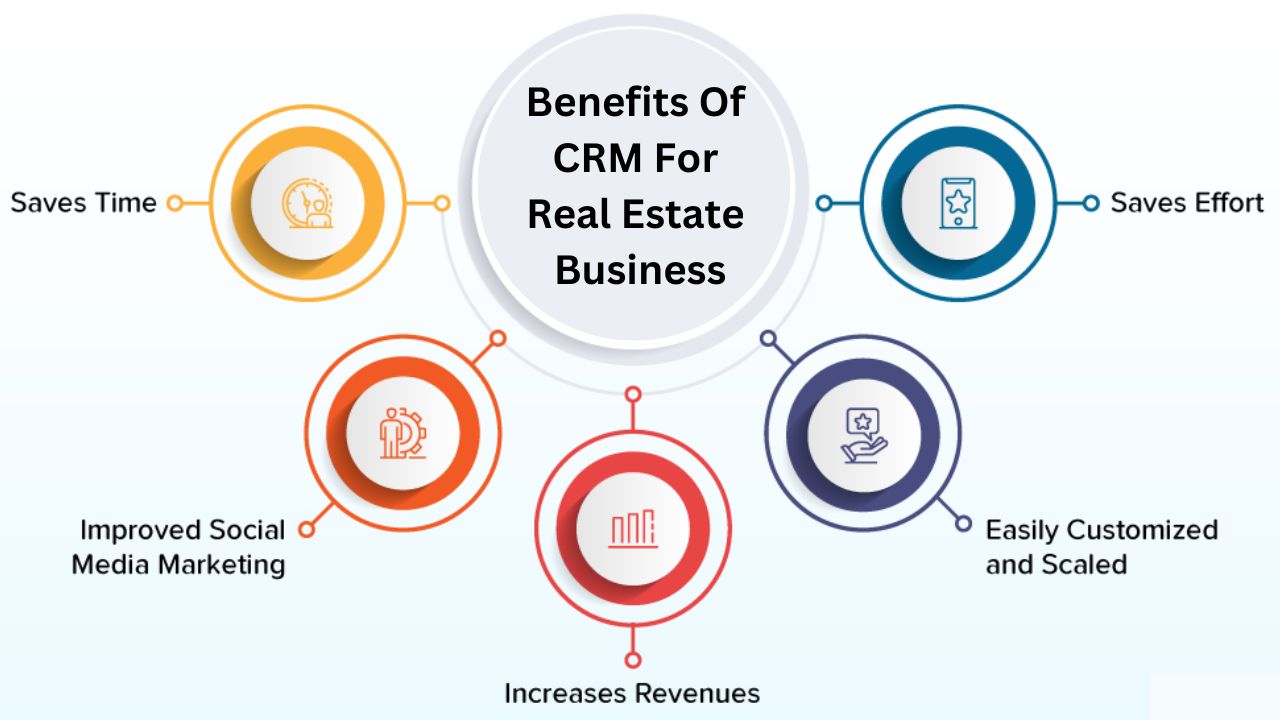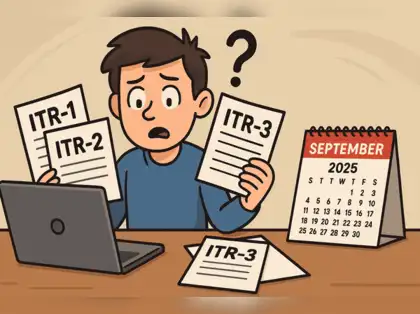Benefits of CRM
In today’s highly competitive business landscape, companies are constantly striving to gain an edge over their competitors. One powerful tool that can help achieve this is Customer Relationship Management (CRM). In this article, we will explore the numerous benefits of CRM and how it can revolutionize your business.
Improved Customer Relationships
CRM systems enable businesses to build and nurture stronger relationships with their customers. By centralizing customer data, you gain a comprehensive view of their preferences, purchase history, and interactions with your company. This allows you to personalize your interactions, anticipate their needs, and provide exceptional customer service.
Enhanced Sales and Marketing Efforts
CRM software empowers your sales and marketing teams to work more efficiently and effectively. With access to real-time customer data, they can identify cross-selling and upselling opportunities, target specific customer segments, and tailor marketing campaigns accordingly. By understanding customer preferences and behaviors, you can deliver personalized messages that resonate with your audience, resulting in increased sales and higher conversion rates.
Streamlined Business Processes
Implementing a CRM system can streamline your business processes and improve overall efficiency. By automating repetitive tasks and workflows, you can free up valuable time for your employees to focus on more strategic activities. CRM also facilitates collaboration and communication within your organization, ensuring everyone is on the same page and working towards common goals.
Improved Data Analysis and Reporting
One of the key advantages of CRM is its ability to generate insightful reports and analytics. With access to accurate and up-to-date data, you can track key performance indicators, identify trends, and make data-driven decisions. This valuable information can help you optimize your marketing strategies, improve customer retention, and identify areas for growth and improvement.
Increased Customer Retention
CRM plays a crucial role in enhancing customer retention rates. By understanding your customers’ needs and preferences, you can proactively address any issues, provide personalized support, and deliver exceptional customer experiences. Satisfied customers are more likely to remain loyal to your brand, resulting in increased customer retention and reduced churn rates.
Efficient Lead Management
CRM systems offer robust lead management capabilities, allowing you to effectively track and nurture leads throughout the sales funnel. By capturing and organizing lead data, you can prioritize and assign leads to the right sales representatives, ensuring timely follow-ups and maximizing conversion rates. CRM also enables lead scoring, helping you identify the most promising leads and allocate resources accordingly.
Increased Productivity
By automating manual tasks and providing a centralized platform for customer information, CRM significantly increases productivity within your organization. With streamlined processes, employees can focus on high-value activities, resulting in improved efficiency and reduced operational costs. CRM also eliminates the need for multiple systems and spreadsheets, providing a single source of truth for all customer-related data.

In conclusion, Customer Relationship Management (CRM) offers a multitude of benefits that can transform your business. From improved customer relationships and enhanced sales efforts to streamlined processes and increased productivity, CRM has the potential to revolutionize the way you operate. By leveraging CRM technology, you can gain a competitive advantage and propel your business towards success.
Frequently Asked Questions – Benefits of CRM
1. What is CRM?
CRM stands for Customer Relationship Management. It is a strategy that organizations use to manage interactions and relationships with their customers.
2. How can CRM benefit my business?
Implementing a CRM system can provide numerous benefits such as improved customer satisfaction, increased sales and revenue, enhanced customer retention, streamlined processes, and better decision-making through data analysis.
3. What are the key features of a CRM system?
A CRM system typically includes features like contact management, lead management, sales pipeline tracking, customer service management, marketing automation, and reporting/analytics.
4. Can CRM help improve customer satisfaction?
Yes, CRM can greatly improve customer satisfaction by enabling personalized interactions, faster response times, efficient issue resolution, and a better understanding of customer needs and preferences.
5. How does CRM contribute to increased sales and revenue?
CRM helps sales teams by providing a centralized database of customer information, tracking sales opportunities, automating follow-ups, and analyzing sales performance. This leads to better lead conversion rates and increased revenue.
6. Can CRM benefit small businesses?
Absolutely! CRM systems are beneficial for businesses of all sizes. They help small businesses streamline their processes, improve customer relationships, and compete more effectively in the market.
7. Is CRM only for sales and marketing teams?
No, CRM can benefit various departments within an organization, including customer service, finance, and operations. It helps in providing a holistic view of customers and improving collaboration across teams.
8. How does CRM enhance customer retention?
CRM enables businesses to provide personalized experiences, anticipate customer needs, and proactively address issues. By building stronger relationships with customers, businesses can improve customer loyalty and retention.
9. Can CRM integrate with other business systems?
Yes, CRM systems often offer integration capabilities with other business systems such as ERP, marketing automation, e-commerce platforms, and customer support tools. This allows for seamless data flow and a unified view of customers.
10. What are the long-term benefits of implementing CRM?
Long-term benefits of CRM include improved customer loyalty, increased customer lifetime value, higher efficiency and productivity, better business insights, and the ability to adapt to changing customer needs and market trends.




